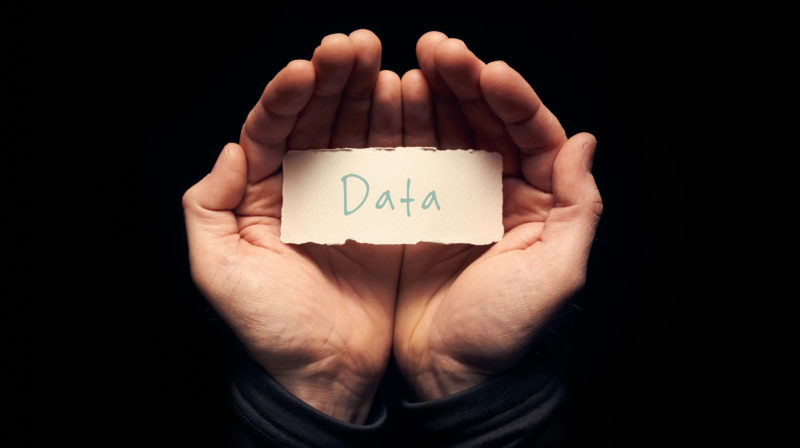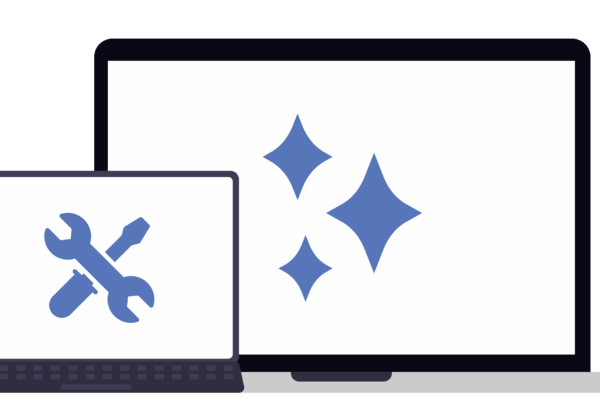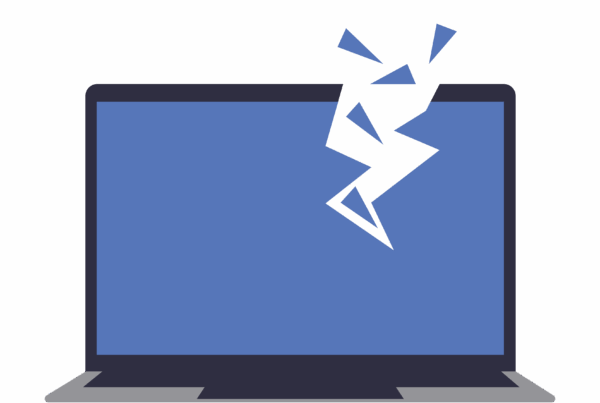
With so much seamless and slick connectivity, we can be forgiven for thinking that technology is our trusted friend. That ever-present Apple Watch keeps close track of our health, while we simply tap our smartphone for that morning cuppa. In Sweden, people are even forgoing credit cards and choosing surgically inserted microchips for the sake of convenience.
But are we paying a far higher price for ‘free’ and convenient connectivity than we really think?
Expensive Loyalty
By opting to wear Fitbits or other devices that track our health and wellness, we are creating a highly detailed and valuable data trail. According to one analyst at Intel Security, the information that’s contained on your wearable – that’s stored either on your smartphone or downstream on a cloud service – is worth ten times that of a credit card on a black market. Furthermore, by signing onto seemingly harmless Rewards /Loyalty programmes with insurers and other third parties, we are handing that data trail over to big business.
The fact that so much data is being collected daily through wearable devices alone (resting heart rate, blood pressure, location, the list is endless) means that there are some very real risks attached. And with the rapid rise of the Internet of Things (IoT), whereby your fridge, TV, bedroom, irrigation system, etc, will all be connected, the risks will only intensify.
Can you opt out?
For consumers, the major question to consider is ‘do I need to be handing over my data to this company?’ Are they using this data to help prevent a heart attack, or to influence which prescription medication I buy? Also, as a consumer, do I have the option to opt out, or at least limit the data I hand over? In the case of Facebook, which is a ‘nice to have’, opting out is easier. But in the case of health insurers and financial services providers, which are ‘must haves’, opting out seems to be an option we don’t have.
Secondly, if we have ‘opted in’, who ultimately ends up with our personal data – and how will that company/individual use it? Will they sell it?
Privacy vs. profit
The next key question we should be asking is once companies have our data, how effective are they at storing and safeguarding it? What kind of measures do they have in place, and if our insurer/health provider goes bankrupt, where does our data go? As we have already seen in 2018 alone, even major financial services providers are vulnerable to cyber attacks.
Yet legislation is beginning to catch up. In South Africa, the Protection of Personal Information Act (POPIA) is likely to be fully enacted in early 2019, and is the country’s first piece of comprehensive data protection legislation. In addition, South African companies doing business with European Union (EU) customers now have to comply with the General Data Protection Regulation (GDPR).
While these laws are certainly a positive development, it’s really up to individuals to question big business and make sure that privacy and security trumps profit.



